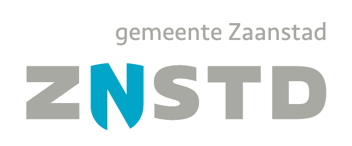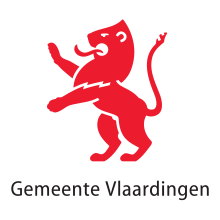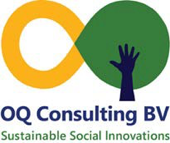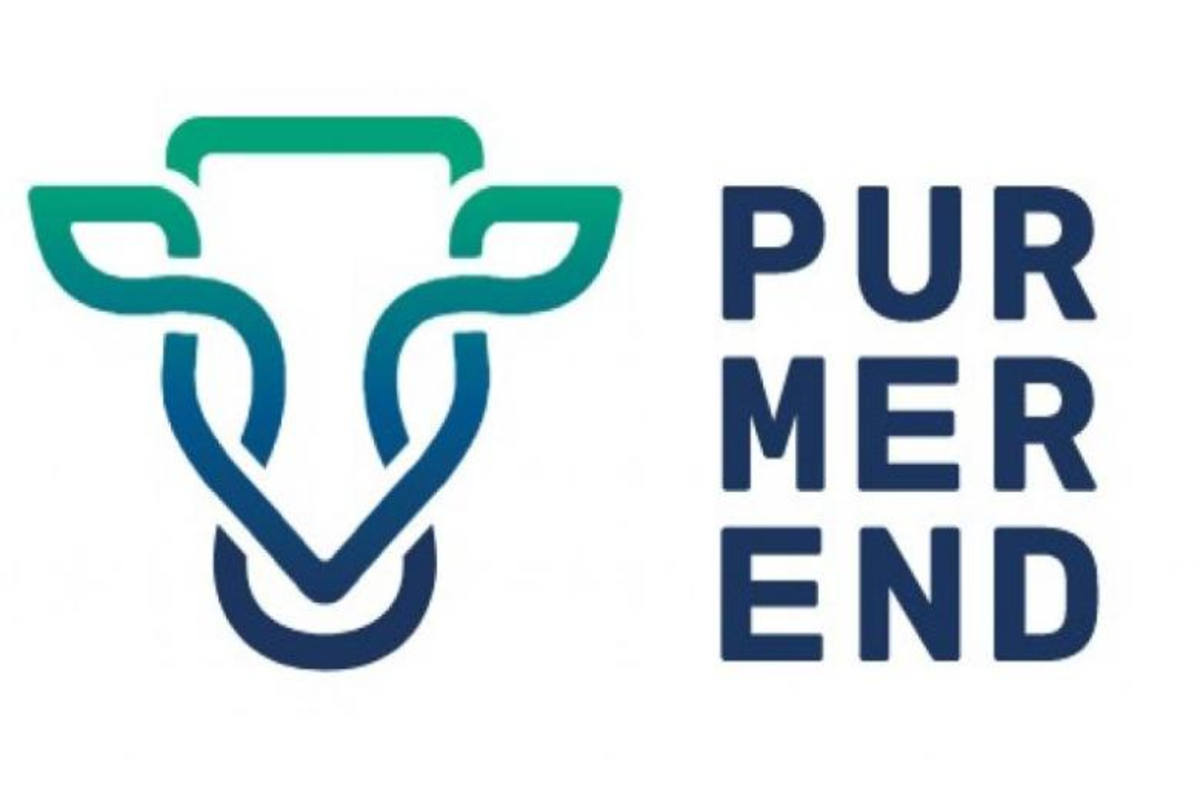Migrant kids do not have the same opportunities as Dutch kids when it comes to gaining work experience. “The combination of work and school increases your chances of getting your job qualification,” according to the website of a vocational school near me. To find a work experience posting, young people are encouraged to use their networks. In retail and catering, researchers at the Verwey-Jonker Institute in Utrecht find, this is tantamount to pre-segregation. Why? Because the children of first generation migrants and of families living in poverty do not have the same access to networks as their colleagues. There is an over-distribution of Turkish young people gaining their work-experience in Turkish stores and an under-distribution of Turkish young people gaining their work experience in large retail enterprises.[1]
In Dutch national research published in December 2016, the children of first generation migrants do better at school, get more education, and have one third the likelihood of finding a job at the end, than their “Dutch”[3] counterparts. That research concludes that two issues are at play: discrimination and the lack of functional networks.
Networking
A buzzword since 1985, when a telecommunications marketing man invented a word to describe capitalizing on connections. The buzzword took off like wildfire. Suddenly drinks after work are networking opportunities and our connections, which up until 1985 were known as our friends, relatives, colleagues and people we had met once at a conference, were our networks. No longer simply “the people we know”, our “networks” became people we could milk for economic gain.
Network and business studies
Business studies have generally kept well away from the subject of networks. Networks were the domain of private life. The business world was more interested in thing that could be controlled.[4] Sociologists have known since the 1960’s that some groups have greater access to diverse resources through their networks, than others. 60 years ago, when abortions in New York were illegal, Nancy Howell Lee[5] researched how many conversations it took for a woman to find someone to provide her with an abortion. Poor women had to ask as many as 32 people. Middle class women generally only needed to ask two people. A decade later sociologist Mark Granovetter determined that 56 percent of people found jobs through people they, or their friends and family, know. He also determined that their chances improved if they knew people that their peers did not know. He called these outsiders “weak ties” – people you see less, are less intimate with and for whom you feel you may need to make a greater effort to involve them in your endeavors or to become involved in theirs. Weak ties have connections to a whole other set of individuals than the ones you know — as well as knowing some of the people you know.
Having weak ties is a hallmark of an equal opportunity society People who live in poverty lack links to people not like themselves; their connections are strong ties. In countries where institutions are broken and bureaucracies are corrupt, people resort to their strong ties – an uncle in the bureaucracy – to get a water connection at their house, a job or a visa.
Migrants, networks and work experience
Children of migrants inherit the networks their parents built after they arrived in the Netherlands without a network. Headhunter Adnan Basaran’s father came to the Netherlands to work in a factory. “I was lucky to have a few Dutch men in my network. They helped me,” he says in an interview in the Financieel Dagblad from 25 February 2017. He urges companies to look beyond the experience that could be expected of children of Dutch parents. “For a traineeship, a requirement is often that the young person has managerial experience, but most Turkish and Moroccan youth do not have this. Corporate experience is not part of their background.”
When teachers in this country send young people out to find work experience in their network, they are probably not aware that some of their students do not have weak links in their networks. The people they know share their religious, cultural and language background and do not offer access to business people outside their group. It stands to reason that the only job experience this young person is able to find, on their own, is within their own community. A student who is surrounded by people with access to other people who run factories, or wholesale businesses, or large retail chains has more opportunities to find a suitable work experience posting. With this diverse experience comes pre-segregation.
It’s time to stop thinking networking is something you do
“Networking” is a buzzword that has side-tracked our understanding of the role of our connections in our everyday life. Understanding what networks really are, and how they contribute (or not) to the opportunities of our young people, must be a competence in every school. Our schools must build coalitions with the local business community and actively support all their students in getting the quality of work experience that will give them a good start in life. And they must teach their students how to cultivate weak ties. Schools provide excellence in vocational training. For their students to have an equal start on the labour market, they have to go just one step further.
==========
Netsheila works with schools and communities to promote equal opportunity. She is passionate about people understanding the strengths and weaknesses of networks.
[1] Conversation with researchers at Verwey-Jonker Institute, 17 February 2017.
[2] There are many layers of immigration in the Netherlands, so “Dutch” in this case refers to second generation Dutch and beyond.
[3] M. Castells, and G. Cardaso (eds). 2005. The Network Society; From Knowledge to Policy. Washington, DC:Center for Transatlantic Relations.
[4] Nancy Howell Lee. 1969. The Search for an Abortionist. Chicago: University of Chicago Press.
Our clients



















